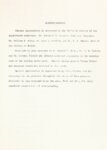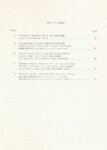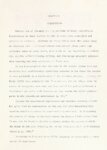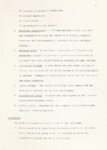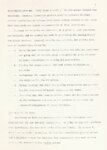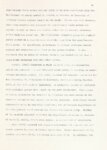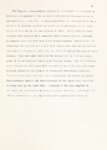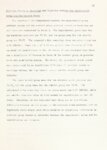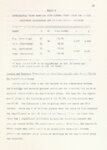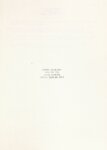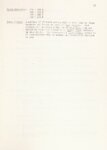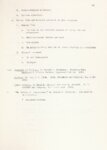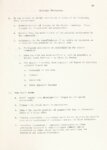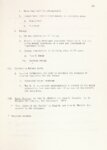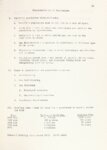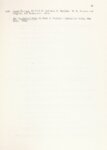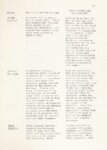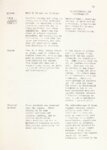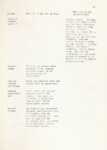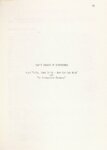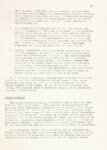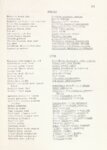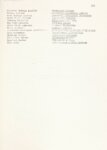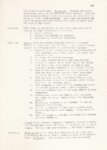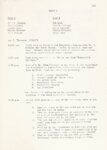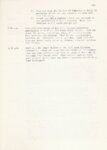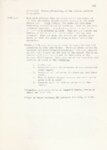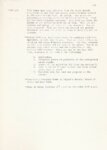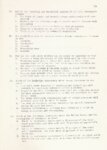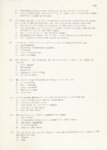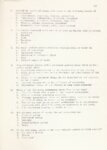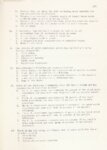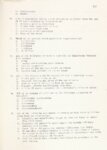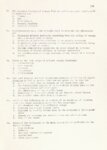| Description |
Problem: The problem was to compare the knowledge and attitude test results of a selected group of students exposed to a traditional classroom approach with the knowledge and attitude test results of a selected group of students exposed to an experiential learning approach in a college level human ecology course. Procedures: The study involved 38 students enrolled in Biology 175 (Human Ecology) during the Summer Quarter, 1973, at the University of Utah. Seventeen students were randomly assigned to an experimental group and were exposed to a four-day experiential learning model only. The remaining 21 students served as subjects in a control group and were exposed to a traditional classroom model for eight weeks. Both groups covered a time span of approximately 30 hours. All students were pre-and posttested on a knowledge examination and attitude scale, both of which were specifically designed for this research. Findings: 1. There was no significant difference at the .05 level in pretest group scores on knowledge between the experimental group and the control group. 2. There was no significant difference at the .05 level in pretest group scores on attitudes between the experimental group and the control group. 3. There was a significant difference at the .01 level in favor of the control group in posttest group scores on knowledge between the experimental group and the control group. 4. There was no significant difference at the .05 level in posttest group scores on attitudes between the experimental group and the control group. 5, There was a significant difference at the .001 level between pretest and posttest group scores on knowledge within the experimental group. 6. There was a significant difference at the .01 level between pretest and posttest group scores on attitudes within the experimental group. 7. There was a significant difference at the .01 level between pretest and posttest group scores on knowledge within the control group. 8. There was a significant at difference at the .01 level between pretest and posttest group scores on attitudes within the control group. Conclusions: Based upon the statistical analysis of the data, the following conclusions appeared to be justified: 1. The four- day experiential course and the traditional classroom course both appeared to be effective modalities in increasing knowledge of selected concepts in human ecology within groups. 2. The rate at which student knowledge of selected concepts in human ecology increased appeared to be greater in the tradition al classroom course than in the four-day experiential course. 3. The four-day experiential course and the traditional classroom course both appeared to be effective in developing positive attitudes toward selected problems in human ecology. |



